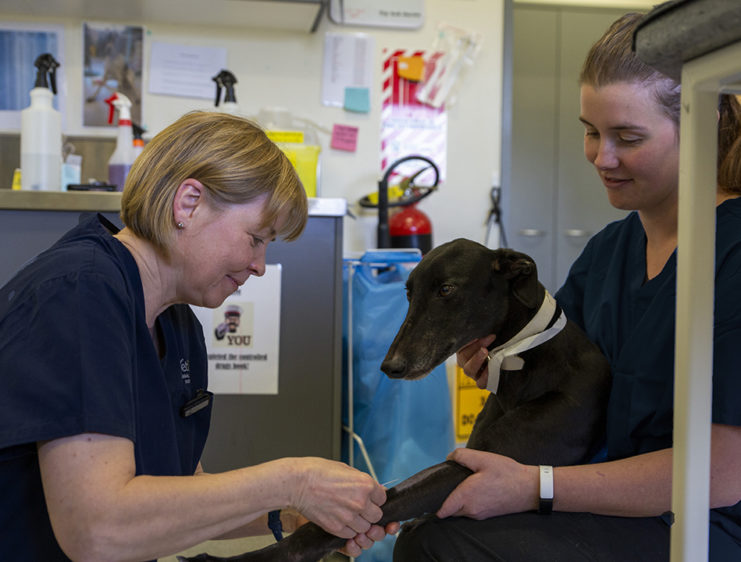
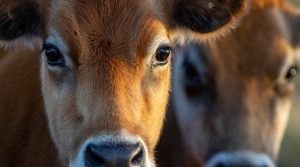 Explore the latest news, insights, and seasonal advice designed to keep your pets and livestock healthy and thriving.
Explore the latest news, insights, and seasonal advice designed to keep your pets and livestock healthy and thriving.Very unhumorous humeral fractures
We have all heard the disaster stories of farms having up to 30%, and higher in some cases, of their heifers becoming acutely lame in a forelimb, resulting in them having to be euthanised. Often these are well- grown healthy heifers just walking around in the paddock. A “gunshot” noise can be heard, and the […]
READ MORE

Tail Scoring Cows
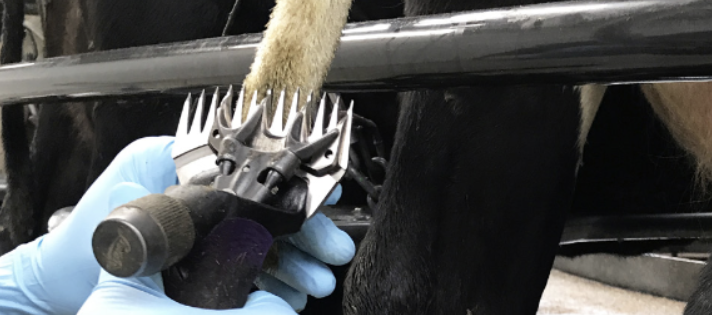
Tail scoring is often a sensitive and sometimes taboo topic. This is possibly because several farmers have been prosecuted for permitting tail damage in their herds in recent years, and clients assume that, by scoring their cows, they may be implying their staff have a problem. Obviously, this does not have to be the case […]
READ MORE

Management of the ewe hogget pregnancy
In-lamb ewe hoggets are a priority class over the winter because feed levels must meet the liveweight gain requirements of the hogget as well as the needs of the fetus and mammary gland. Management strategies must ensure maximum production of both hogget and offspring to weaning and not compromise two-tooth breeding. Feeding during pregnancy must […]
READ MORE

Live export of cattle from NZ – an urgent plea
If any livestock agent offers a deal for the sale and export of your dairy or beef cattle – please remind them (the agent) and yourself that, until certain on-farm animal health export certificate conditions are met, those animals may not be going anywhere. In other words, until certain mandatory export conditions for the farm […]
READ MORE

Keeping your working dogs safe during transportation
Every now and again an incident occurs causing an accident requiring veterinary treatment with dogs where we, and the owners, think ‘if only….’ The injuries sustained from unrestrained dogs falling, or being thrown, from a moving vehicle can range from minor to severe with a long recovery time and, unfortunately, sometimes they can be fatal. […]
READ MORE

Grain overload in sheep
With the harvest season upon us, it is timely to remind ourselves of the potential dangers of grain overload (rumen acidosis). This usually occurs in sheep not being gradually introduced to a grain feeding regimen or being put onto stubble where there is substantial grain remaining or spills. Grain is sometimes used in late summer/autumn […]
READ MORE

Fly and Lice Management in NZ Sheep Farming
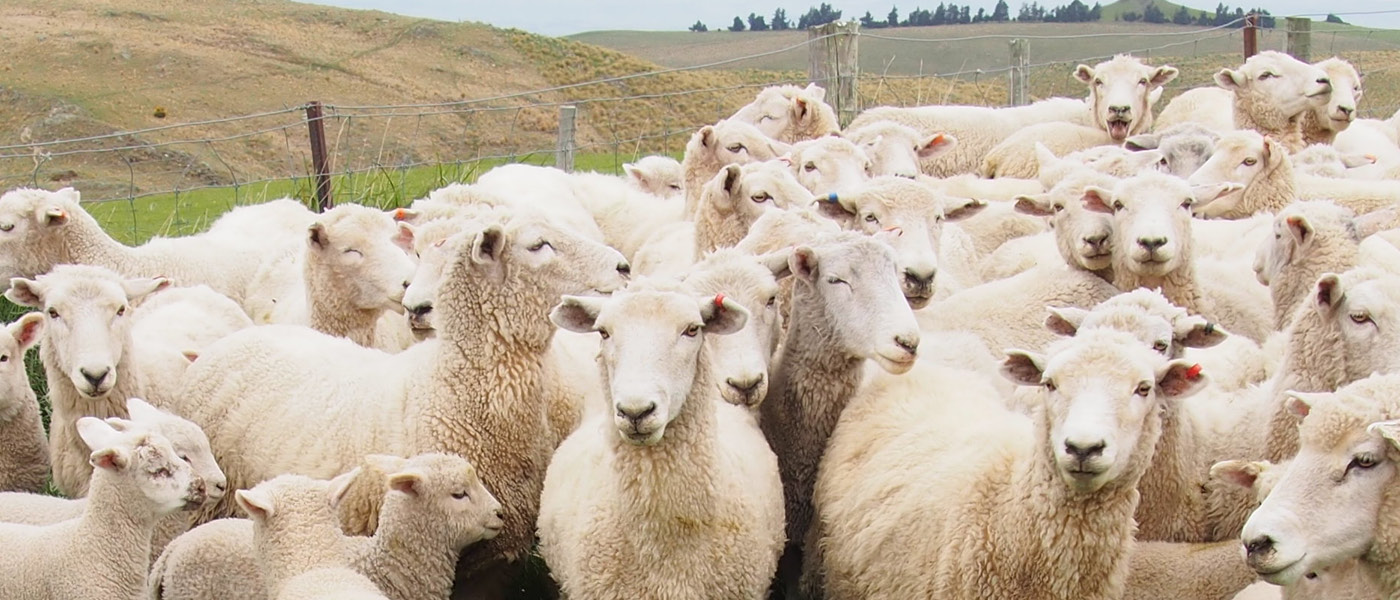
Ectoparasites such as flystrike and lice are among the most economically damaging issues in New Zealand sheep farming, costing millions annually in chemical treatments alone. While both pests require distinct control strategies, lice present unique challenges due to their tenacity and lifecycle. Flystrike Flystrike is a major animal welfare issue, and every effort must be […]
READ MORE

Copper in dairy cattle
Why worry about copper? Copper deficiency in cattle can have the following impacts: Ill thrift and poor growth Altered coat colour and condition Immunosuppression Anaemia Gait abnormalities – calves Fractured humerus issues (broken shoulders) – 1st and 2nd calvers Reduced reproductive performance. How to successfully ensure copper levels are good in your herd We cannot […]
READ MORE

How do anthelmintics work?
Injectable anthelmintics enable active to get into the bloodstream where it is distributed throughout the treated animal. This enables the drug to reach parasites that can be in various body tissues or organs of the host animal. It is extremely important to assess the bodyweight of the treated animal accurately, because these anthelmintics may have […]
READ MORE

Lungworm in young stock
Recent rain around Christmas will lead to unprecedented grass growth. Unfortunately, the conditions promoting good grass growth also promote parasite survival. Parasites like moisture, warmth and shade which are the conditions currently prevailing on most irrigated pasture and on a lot of unirrigated pasture. Lungworm reared its head last autumn on some properties, and the […]
READ MORE

Faecal Egg Count Reduction Tests (FECRT)
Whether there have been previous resistance issues on the farm or not, this testing is a worthwhile investment. This is the only way to know if the drenches that you are using are actually effective on your farm. Parasite resistance to drenches is a continual problem, and once resistance to a drench has developed, […]
READ MORE

Canine cough – are your working dogs protected?
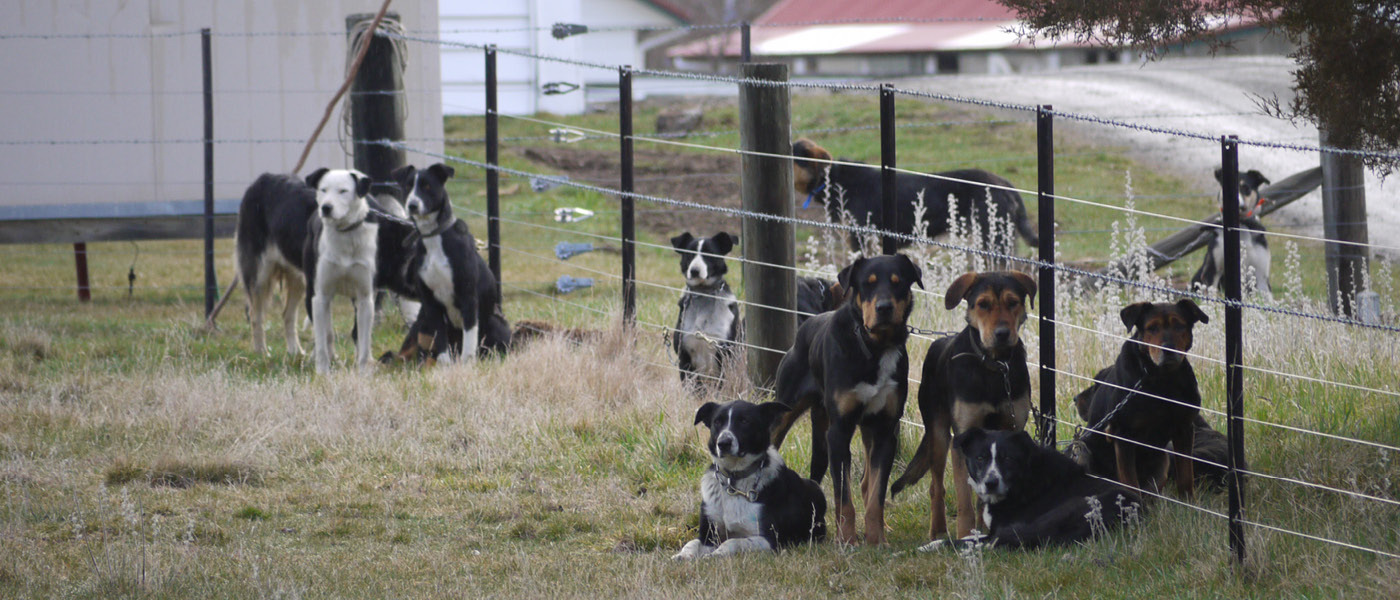
With outdoor activities and events, and domestic travel in full swing across New Zealand during the warmer months, we often experience outbreaks canine cough- commonly known as ‘kennel cough’. Despite the name, this highly contagious respiratory illness is not limited to dogs in boarding kennels. It frequently affects working dogs, especially when teams from […]
READ MORE

Get in touch with your local Vetlife Clinic today to discuss your animal’s health concerns.
With vet clinics across the South Island, we look forward to welcoming you into one of our Vetlife clinics.
FIND A CLINIC